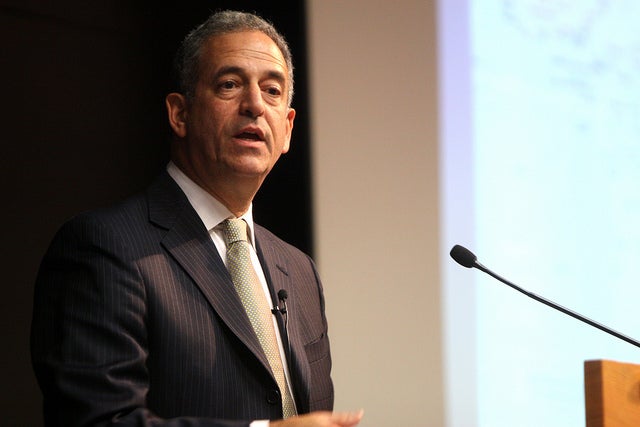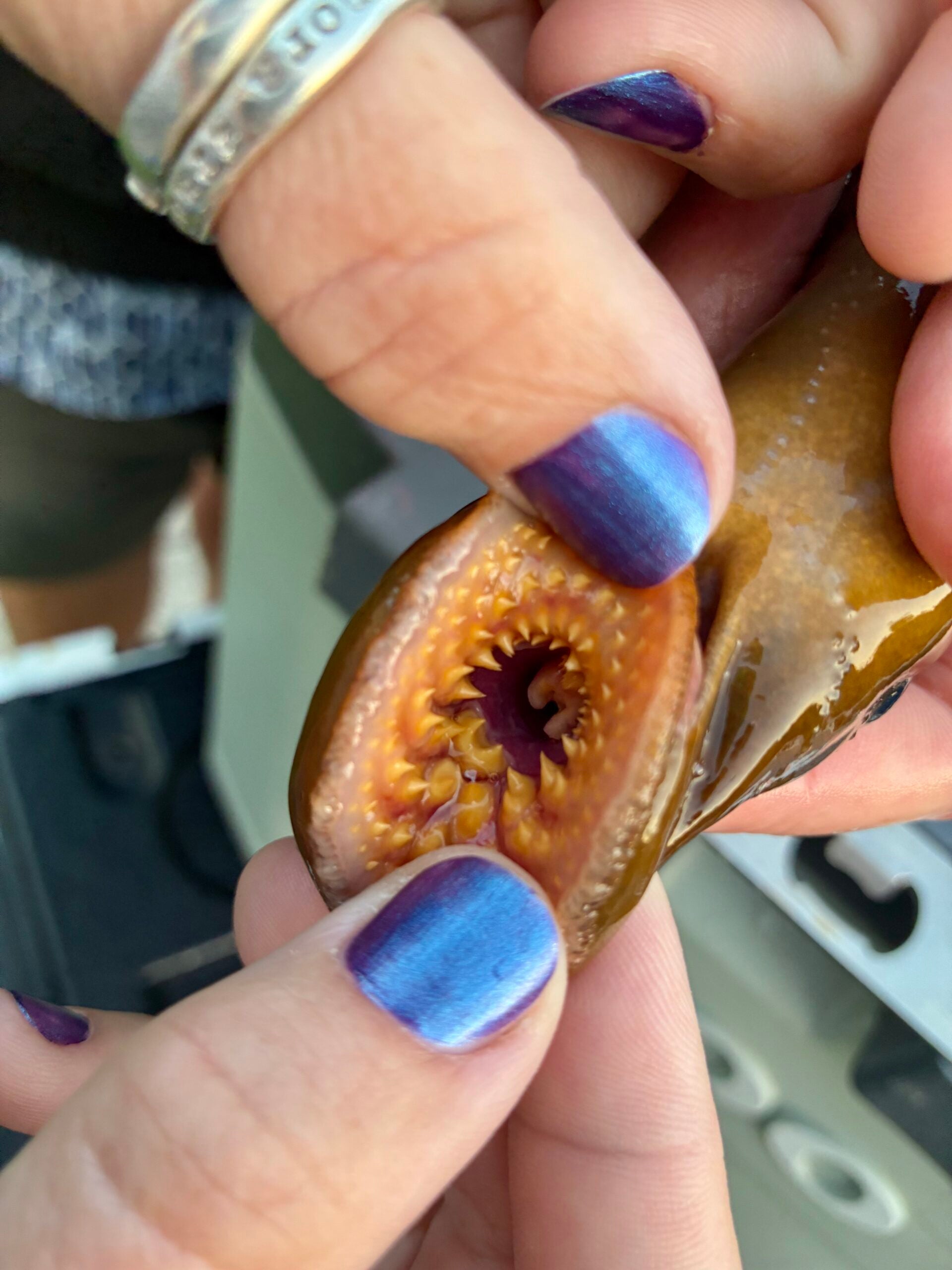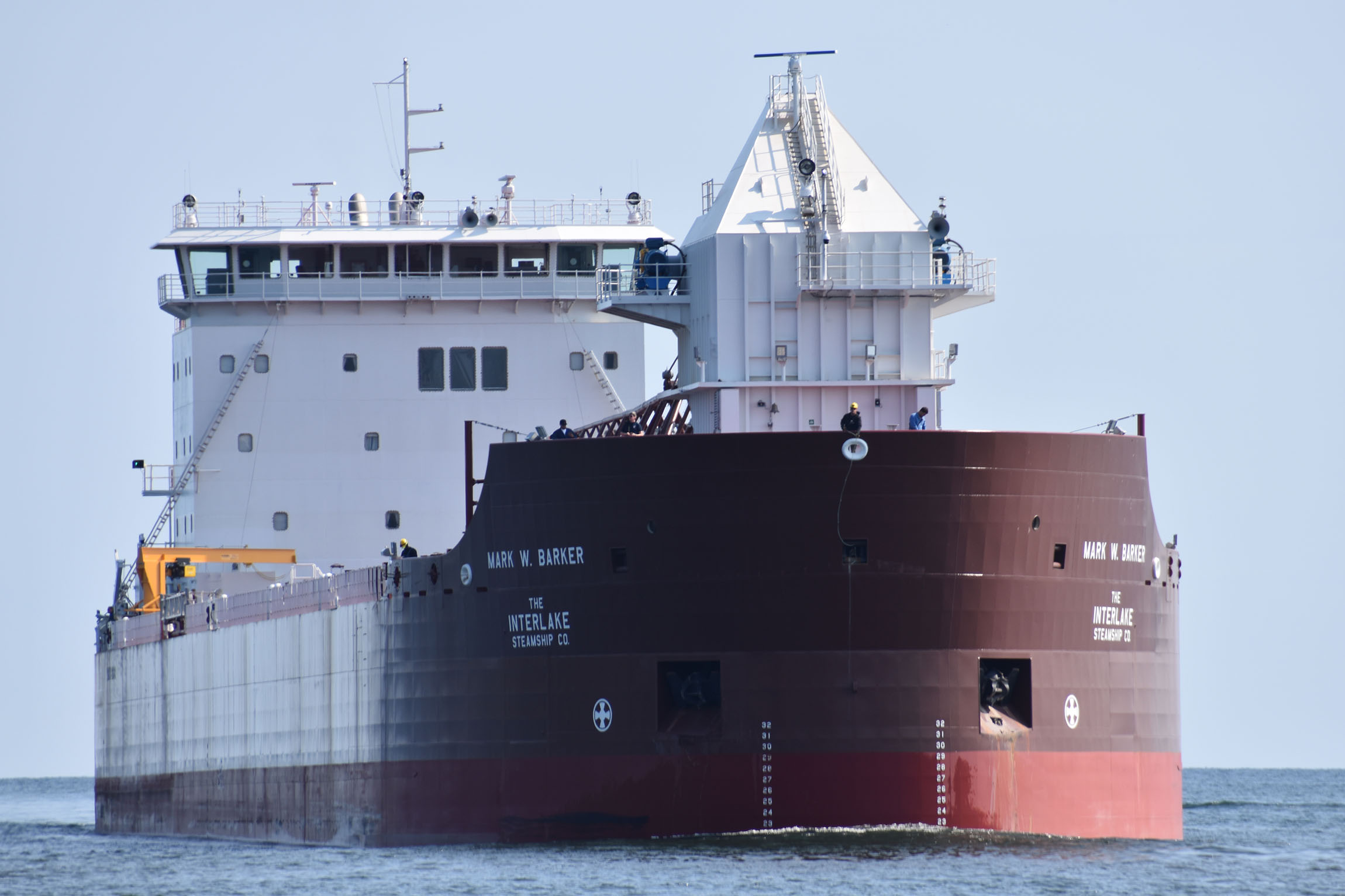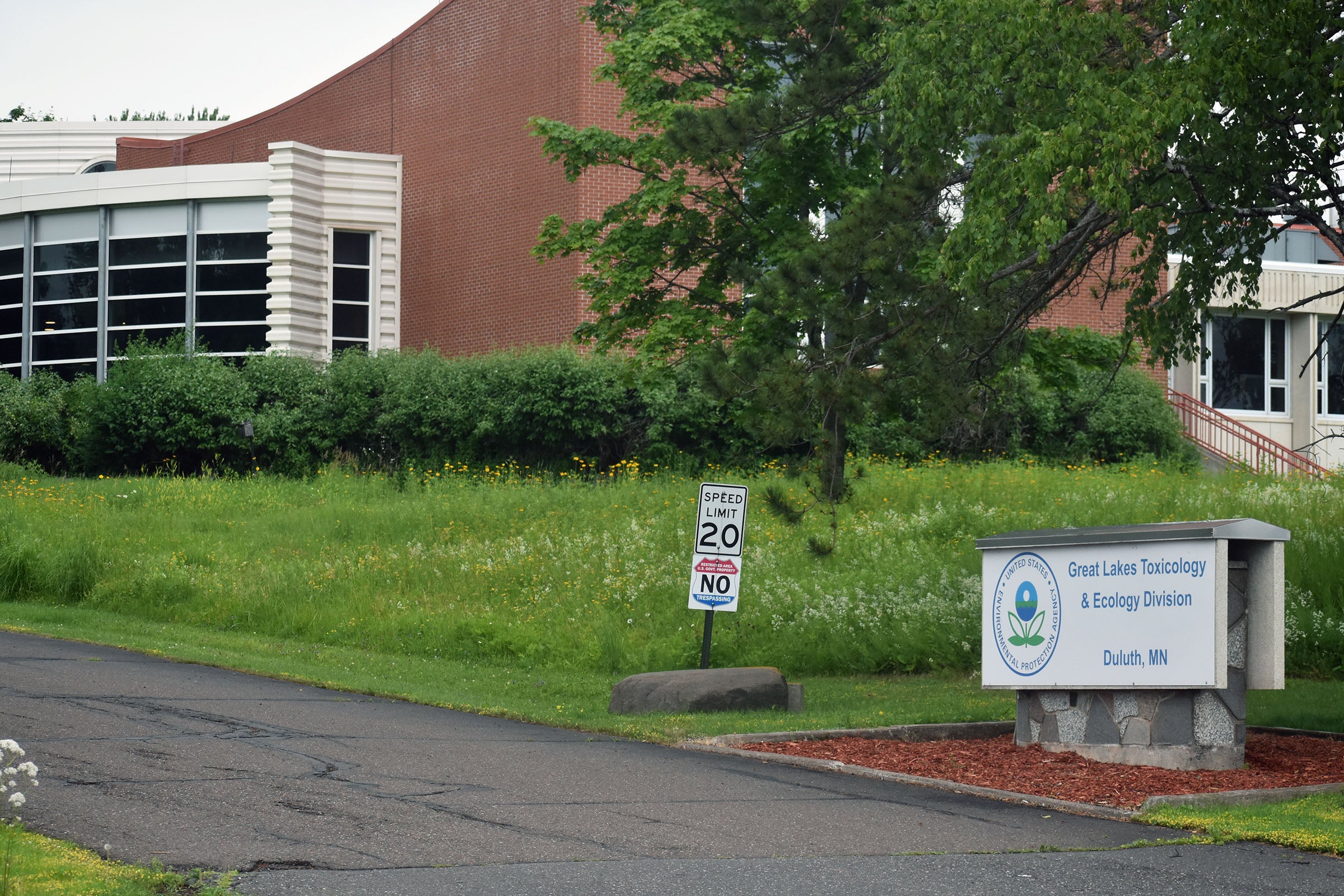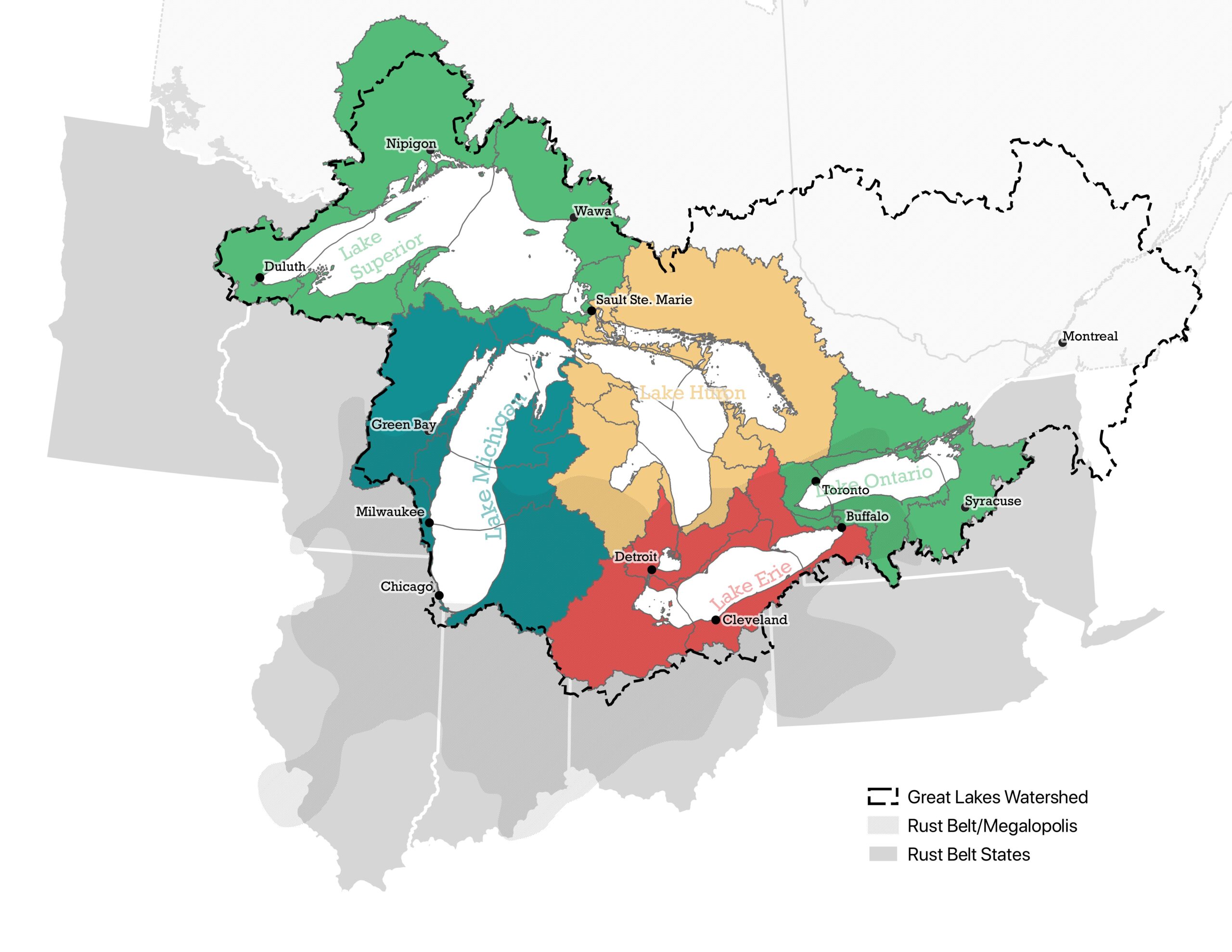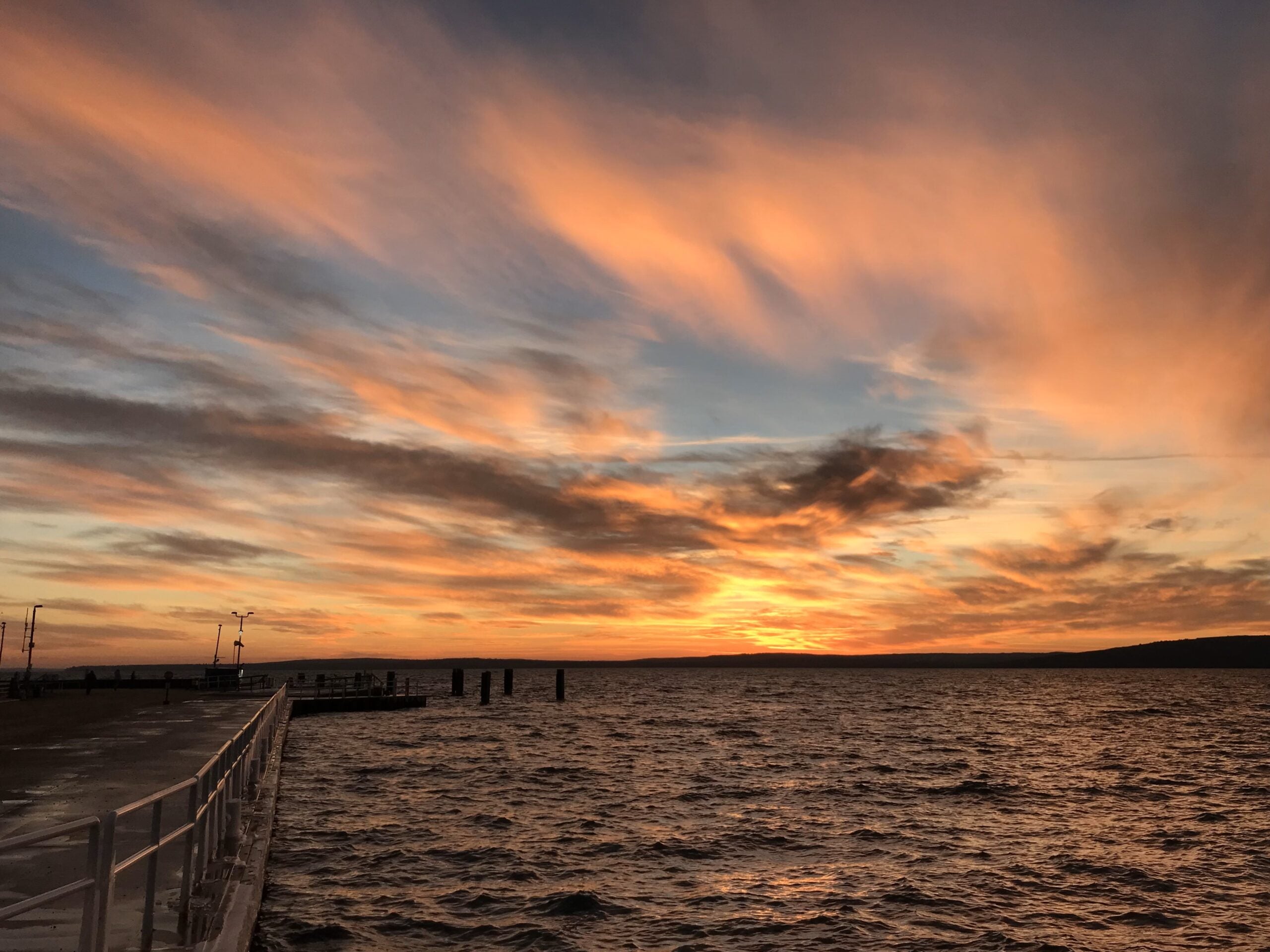Former U.S. Sen. Russ Feingold has taken on a role as a special envoy for the U.S. State Department, joining an international effort that will strive to improve the Great Lakes of North America and the Great Lakes of Africa.
Feingold is now the U.S. State Department’s special envoy for the Great Lakes region and Democratic Republic of the Congo. This week, he joined Midwest officials of the U.S. Environmental Protection Agency at a conference on the shore of Lake Tanganyika in Tanzania. Tanganyika and Lake Victoria are two of what some consider the eight African Great Lakes.
The event was the kickoff of a Great Lakes to Great Lakes Initiative, which will look at joint ways to protect the North American and African bodies of water, which hold nearly half of the fresh water on the Earth’s surface.
News with a little more humanity
WPR’s “Wisconsin Today” newsletter keeps you connected to the state you love without feeling overwhelmed. No paywall. No agenda. No corporate filter.
International representatives at a meeting for the Great Lakes to Great Lakes Initiative in Tanzania. Courtesy of U.S. EPA.
Feingold said lake experts from the Midwest and Africa have a lot of shared knowledge.
“They’re talking about algal blooms — the kind of problems we have in the Midwest, in the Great Lakes, and some of the inland lakes,” he said. “So the ability to talk about to compare notes on this kind of thing is invaluable.”
EPA Midwest Administrator Susan Hedman, who was at the conference, said she also foresees a lot of information sharing “to understand the hydrodynamics of the systems, the nutrient dynamics of the system … and to better manage these very large lakes.”
One major challenge for protecting the African Great Lakes is war and terrorism in central Africa. Feingold said he’s trying to help not just refugees but also preserve natural resources.
“The resources here are the source of a lot of attention,” he said. “A lot of people know about armed conflicts exploiting minerals. But there are problems with overfishing, food shortages … so the resource problem, along with the fact that it’s densely population, that can lead to some of the difficulties that have occurred.”
Feingold said he sees a role for businesses to help.
“I don’t think there’s any question — anything from dealing with invasive species to eco-tourism,” he said.
Wisconsin Public Radio, © Copyright 2026, Board of Regents of the University of Wisconsin System and Wisconsin Educational Communications Board.
